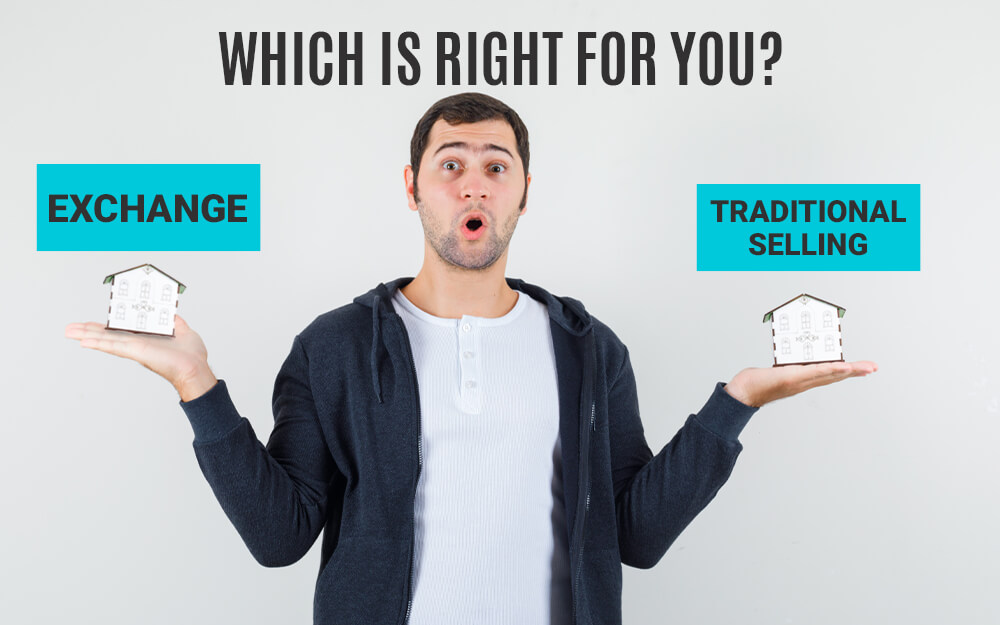When it comes to selling your home, the two most common options are traditional selling and property part exchange. Each method has its benefits and drawbacks, and the best choice depends on your circumstances. Whether you’re looking for a quick sale or aiming to secure the highest possible price, understanding both routes can help you make an informed decision. If you’re considering selling your property, Newton Fallowell (www.newtonfallowell.co.uk) can provide expert guidance.
What is Property Part Exchange?
Property part exchange allows homeowners to trade their existing property as part of the payment for a newly built home. This process is typically facilitated by property developers who buy your home at an agreed price, allowing you to move directly into a new property without the hassle of finding a buyer on the open market.
Pros of Property Part Exchange
- Speed and Certainty: The transaction is usually quicker, reducing delays and the risk of a chain collapse.
- No Estate Agent Fees: Since the sale is handled directly by the developer, there are no commission fees.
- Avoiding Property Chains: You don’t have to worry about delays caused by a long chain of buyers and sellers.
- Simplifies Moving: Moving dates can be more flexible, allowing for a smoother transition.
Cons of Property Part Exchange
- Potentially Lower Offer: Developers may offer less than market value to account for resale risk.
- Limited to New Builds: Typically, only buyers looking to purchase a new build property can benefit from part exchange.
- Property Condition Matters: If your property requires extensive repairs, it may not be accepted for part exchange.
What is Traditional Selling?
Traditional selling involves listing your property on the open market through an estate agent. This method allows you to market your home to potential buyers, negotiate offers, and secure the best price possible.
Pros of Traditional Selling
- Higher Selling Price: Properties sold on the open market often achieve a better price than a part exchange offer.
- More Flexibility: You can accept or reject offers and choose the best buyer.
- Suitable for Any Property Type: Unlike a part exchange, this method works for all property types, including older homes.
Cons of Traditional Selling
- Longer Sale Process: Finding a buyer can take time, and sales can fall through due to mortgage issues or chain collapses.
- Estate Agent and Legal Fees: You’ll need to pay estate agent commission and solicitor fees.
- Market Fluctuations: Property prices can be affected by market conditions, potentially reducing the final sale price.
Which Option Is Right for You?
Deciding between property part exchange and traditional selling depends on your priorities:
- If you need a quick and hassle-free move, property part exchange might be the better choice.
- If maximising your sale price is your top priority, traditional selling with the help of an experienced estate agency is the best option.
For homeowners looking to sell in Stoke On Trent, working with a reputable estate agency in Stoke On Trent can ensure a smoother process. Stoke On Trent estate agents like Newton Fallowell offer expert guidance and market knowledge to help you secure the best deal.
Final Thoughts
Both selling methods come with unique benefits and challenges. If you’re uncertain about the best approach, speaking with local estate agents in Stoke On Trent can provide the insights you need to make a well-informed decision. Whether you choose part exchange for its convenience or traditional selling for its potential profit, professional support can make all the difference.
For expert property advice and assistance, contact Newton Fallowell, one of the best estate agents in Stoke On Trent.
